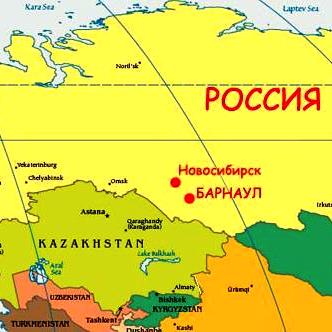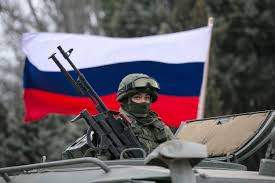(FP) The Eurasian Union that came into effect on Jan. 1 isn’t a sign of Moscow’s growing regional influence. It’s a sign of its decline. On Jan. 1, one of Vladimir Putin’s most ambitious foreign-policy projects and a longtime Kremlin dream became a reality. Unfortunately for Putin and his colleagues in Moscow, nothing about the plan will work.
The Eurasian Economic Union — a post-Soviet economic bloc of Armenia, Belarus, Kazakhstan, Kyrgyzstan, and Russia — was designed to allow the Kremlin to reassert influence in its backyard and counterbalance the Brussels-based, 28-member-state European Union, which has inched towards Russia’s borders over the past decade. Instead, the Kremlin’s prestige project, announced in 2011, but floated as an idea since 1994, limped out of the start gate in 2015. […]
In the eyes of Kazakhstan, Crimea’s annexation was an announcement that Russia does not respect the sovereignty of post-Soviet states,” says Nargis Kassenova of Kazakhstan’s KIMEP University’s Central Asian Studies Center. Crimea has left both Kazakhstan and Belarus walking a diplomatic tightrope, unable to fully split with Russia, but weary of its new face.
See the full article ("Putin’s Eurasian Dream Is Over Before It Began") © Foreign Policy











